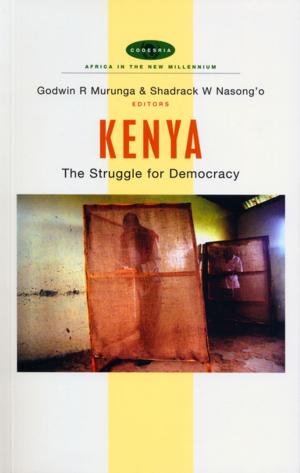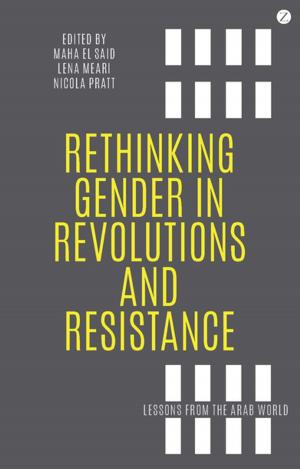The Gender Politics of Development
Essays in Hope and Despair
Nonfiction, Social & Cultural Studies, Social Science, Gender Studies, Political Science| Author: | Shirin M. Rai | ISBN: | 9781848136809 |
| Publisher: | Zed Books | Publication: | July 4, 2013 |
| Imprint: | Zed Books | Language: | English |
| Author: | Shirin M. Rai |
| ISBN: | 9781848136809 |
| Publisher: | Zed Books |
| Publication: | July 4, 2013 |
| Imprint: | Zed Books |
| Language: | English |
In The Gender Politics of Development Shirin Rai provides a comprehensive assessment of how gender politics has emerged and developed in post-colonial states. In chapters on key issues of nationalism and nation-building, the third wave of democratization and globalization and governance, Rai argues that the gendered way in which nationalist statebuilding occured created deep fissures and pressures for development. She goes on to show how women have engaged with institutions of governance in developing countries, looking in particular at political participation, deliberative democracy, representation, leadership and state feminism. Through this engagement, Rai claims, vital new political spaces have been created. Though Rai focuses in-depth on how these debates have played out in India, the book's argument is highly relevant for politics across the developing world. This is a unique and compelling synthesis of gender politics with ideas about development from an authoritative figure in the field.
In The Gender Politics of Development Shirin Rai provides a comprehensive assessment of how gender politics has emerged and developed in post-colonial states. In chapters on key issues of nationalism and nation-building, the third wave of democratization and globalization and governance, Rai argues that the gendered way in which nationalist statebuilding occured created deep fissures and pressures for development. She goes on to show how women have engaged with institutions of governance in developing countries, looking in particular at political participation, deliberative democracy, representation, leadership and state feminism. Through this engagement, Rai claims, vital new political spaces have been created. Though Rai focuses in-depth on how these debates have played out in India, the book's argument is highly relevant for politics across the developing world. This is a unique and compelling synthesis of gender politics with ideas about development from an authoritative figure in the field.















